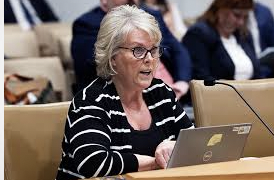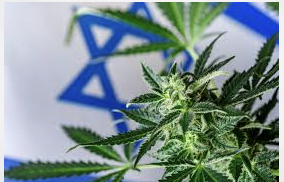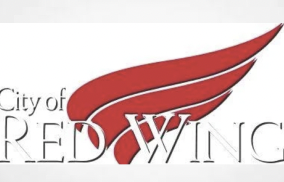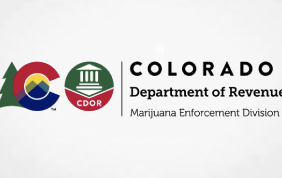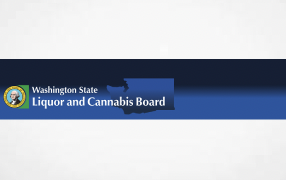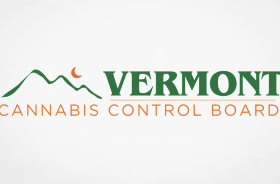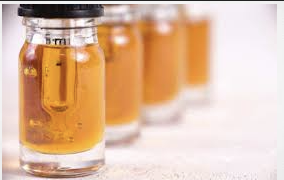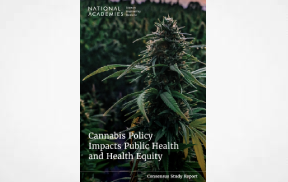The United States Department of Agriculture (“USDA”) is ramping up its rulemaking process pursuant to the Agriculture Act of 2018 (the “2018 Farm Bill”). When the 2018 Farm Bill removed industrial hemp — and its derivatives — from the Controlled Substances Act, industrial hemp was placed under the USDA’s authority. The 2018 Farm Bill clarifies and affirms that hemp is to be treated as an agricultural commodity, rather than as a controlled substance.
But until USDA completes its rulemaking process implementing the measures of this important legislation, and states are able to implement corresponding legislation and regulation, the anticipated impact of the 2018 Farm Bill will not be truly realized. The agency has committed to this effort publicly, but its mission to draft — and finalize —comprehensive regulations is a complicated task that will take time. For its part, the USDA has stated publicly that it intends to move slowly and thoroughly.
For an increasing number of states — and businesses —around the country, there is eager anticipation for the USDA to complete its rulemaking procedures implementing the 2018 Farm Bill. This eagerness is only accentuated by enforcement activities flaring up in various states on a near-weekly basis. Once those regulations are finalized, USDA will then begin evaluating state plans for state-level industrial hemp regulatory programs in accordance with the 2018 Farm Bill.
After an initial listening session concerning the 2018 Farm Bill generally, the next public event regarding the USDA’s 2018 Farm Bill rulemaking is scheduled for March 13, 2019. USDA and the Agricultural Marketing Service will hold a public listening session to hear from interested parties concerning prospective hemp regulations.
USDA has stated that the listening session will allow participants to “assist the agency’s future rulemaking efforts by sharing their views on how the [USDA] can partner with agriculture agencies representing states, territories, and Indian tribes to implement a nationwide program for overseeing the production of industrial hemp.”
Although these rulemaking procedures will not move quickly, it is encouraging that USDA appears committed to its task and is welcoming public participation in the process.
AUTHORS
Darren Kaplan is an associate attorney at Hoban Law Group in Denver, Colorado. Darren has worked on several legal issues in the cannabis space, specializing thus far in industrial hemp, regulatory compliance (hemp and marijuana), and civil and commercial litigation.
Garrett Graff is a senior attorney at Hoban Law Group in Denver, Colorado, nationally recognized as a Cannabis Law Trailblazer by National Law Journal. Garrett specializes in representation of both the marijuana and industrial hemp industries. His practice involves corporate and M&A, real estate, regulatory/compliance, FDA/FTC compliance, intellectual property protection, and civil and commercial litigation.
This article has been prepared for informational and general guidance purposes only; it does not constitute legal or professional advice. You should not act upon the information contained herein without obtaining specific professional advice. No representation or warranty (express or implied) is made to the accuracy or completeness of the information contained in this publication. Hoban Law Group, its members, employees, and agents accept no liability, and disclaim all responsibility, for the consequences of you or anyone else acting, or refraining to act, in reliance on the information contained in this publication or for any decision based thereupon.


